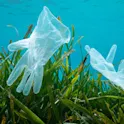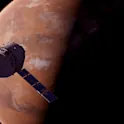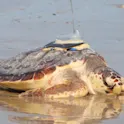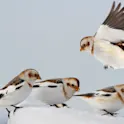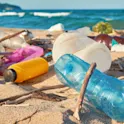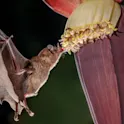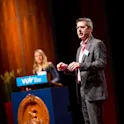
Sustainability
17 Jan 2022
Top 10 Research Topics from 2021
Find the answers to your biggest research questions from 2021. With collective views of over 3.7 million, researchers explored topics spanning from nutritional immunology and political misinformation to sustainable agriculture and the human-dog bond. Research Topics: 1. Infectious disease 29 articles | 1,643,000 views Uncovering the many ethical, legal, and social issues that have arisen during the pandemic 2. Nutritional immunology 29 articles | 768,000 views How specific foods and nutrients affect COVID-19 severity and outcomes 3. Music therapy 44 articles | 268,000 views Examining the ability of music to create and maintain social bonds during the pandemic 4. Political misinformation 11 articles | 219,000 views Understanding how to halt the spread of false news while increasing the circulation of information from credible sources during the pandemic 5. Plant science 15 articles | 198,000 views The enormous potential of plants to contribute effectively to fighting pandemics 6. Sustainable agriculture 49 articles | 168,000 views Demonstrating the potential of various microbes to enhance plant productivity and yield in cropping systems 7. Mental health 22 articles | 136,000 views Discovering insights from altered states of consciousness through psychedelic therapies 8. Aging brains 18 articles | 134,000 views Evaluating factors that predispose aging […]
